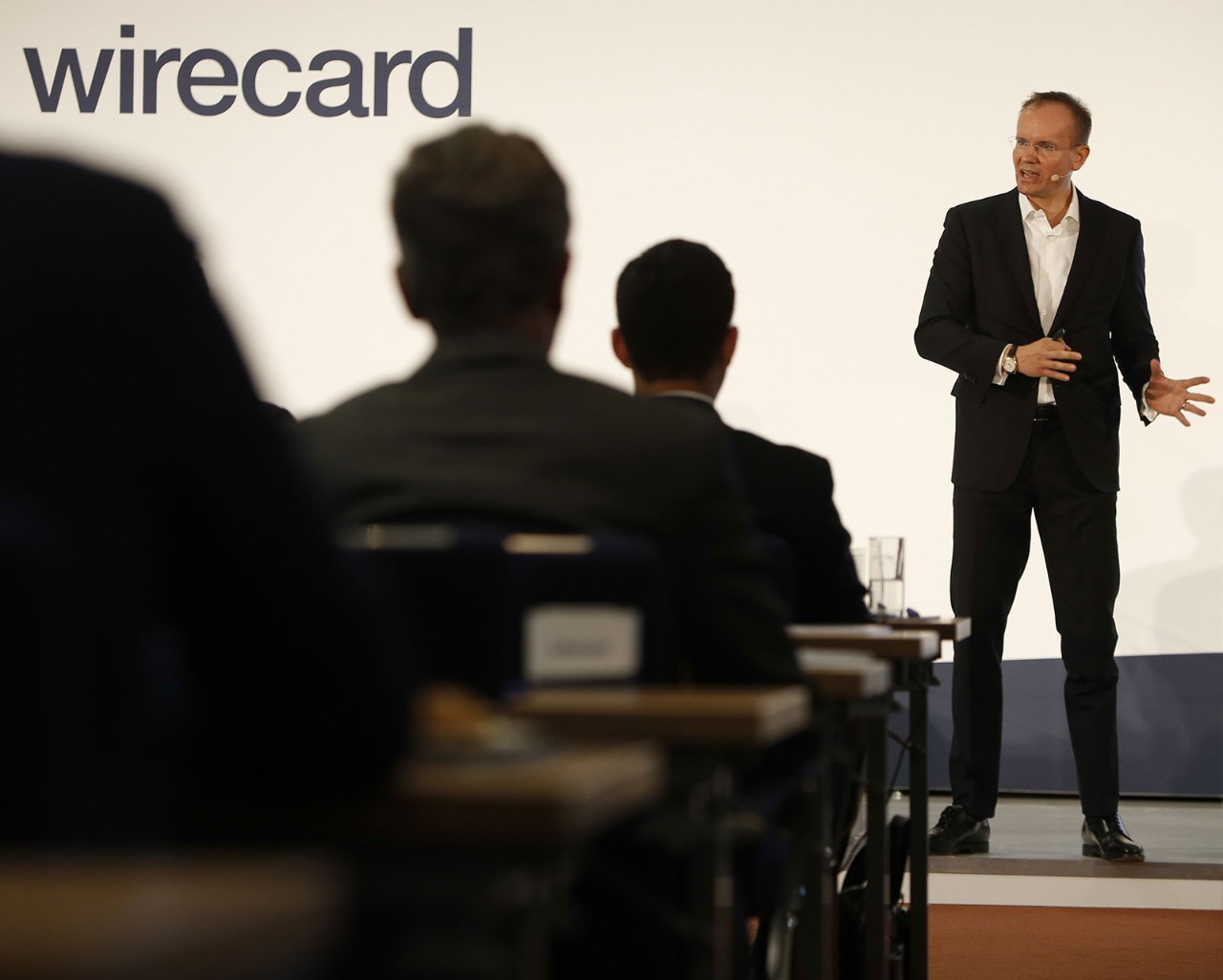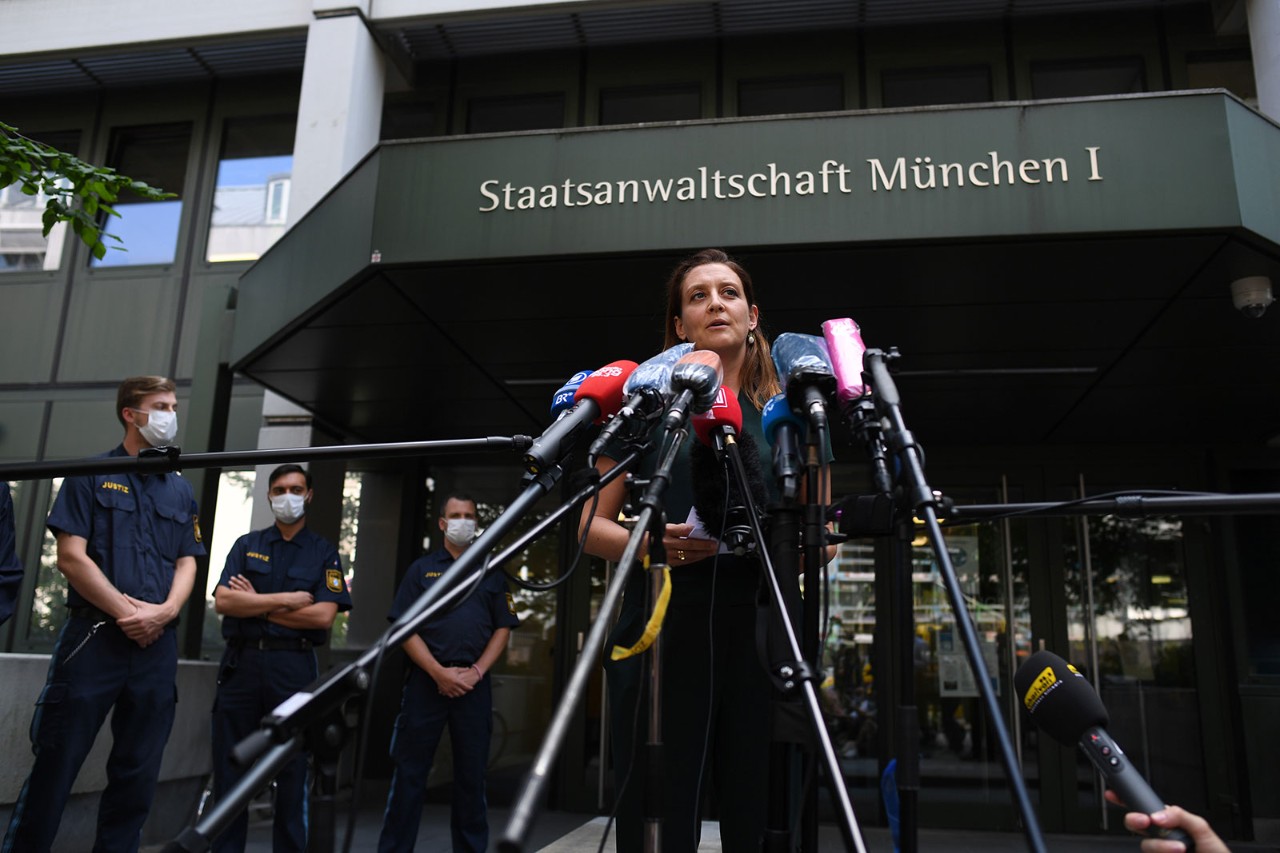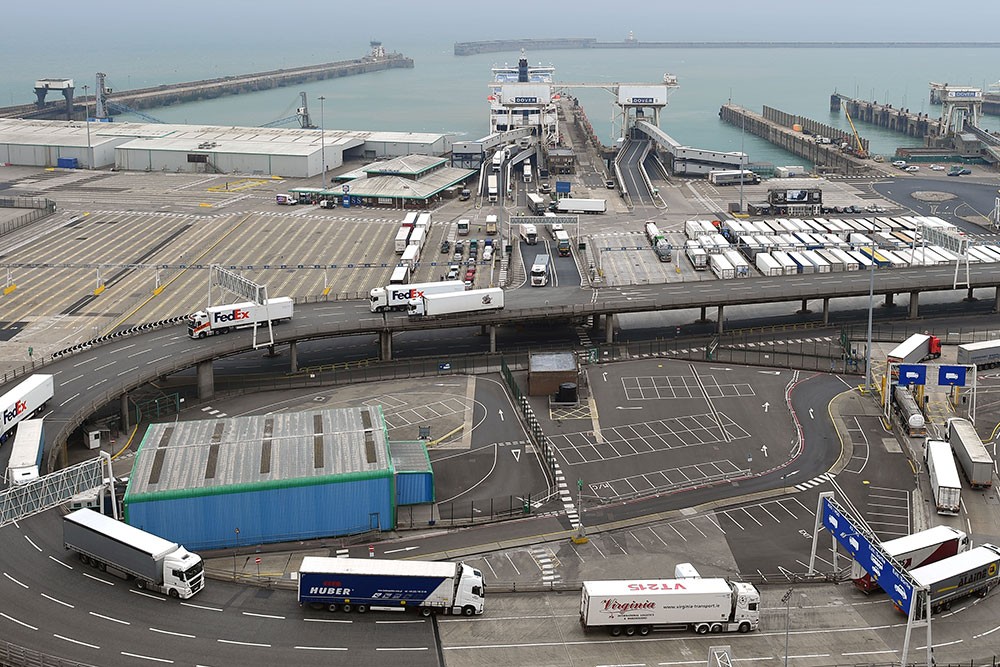
The filing for insolvency by German payment processing company Wirecard back in June may have come as a surprise to some. But for others, including me, it was the end of a painstaking waiting game, culminating in a loud cry of ‘I told you so’.
We all know that businesses don’t become multinational organisations with 500% share price increases without some fundamental changes taking place. Such shifts could include an exceptional or unique product or service translating into genuine sales, or a major acquisition, or merger with an already successful company.
None of these applied in the case of Wirecard, a company founded in 1999 and admitted to Germany’s blue-chip Dax market in 2018. No wonder, then, that it aroused the suspicions of investors, journalists and whistleblowers around the world.
A thorough forensic accountant knows that you have to wear out a lot of shoe leather and befriend key people and authorities if you are to get to the bottom of complex fraud

Super-sleuth
I was approached in March 2019 to investigate the company’s operation in Chennai, India – a recent report in the Financial Times had raised questions about the integrity of the company’s accounting practice. At the time, I little appreciated that my assignment would call not just on my skills and experience as an accountant and auditor with a deep knowledge of large multinationals with complex operations and Asian markets, but would also require super-sleuthing ability.
The client was concerned about Wirecard’s overpriced subsidiaries, revenue recognition and possible round-tripping (the inflating of revenue figures through a series of transactions that ultimately makes no difference to the financial position of the parties involved). It wanted a professional who could not only investigate the financial intricacies of the entity and the region but also follow long complex trails, ask pertinent questions and see through smokescreens.
But this sort of activity can’t be done exclusively from a desk. A thorough forensic accountant knows that you have to wear out a lot of shoe leather and befriend key people and authorities if you are to get to the bottom of complex fraud.
This was not something the German financial regulator BaFin seemed prepared to do. Much like the forecasters who failed to predict the banking crisis in 2008, and the UK Brexit vote and US election result in 2016, BaFin seemed to think it sufficient to make its assessments from behind a desk.
But in the case of Wirecard, the experts did not acquaint themselves with the fundamentals. They did not follow the ‘four Cs’ (company, countries, customers and consumption); they did not chat to staff to find out what they knew, nor visit places of relevance. If they had, they would have got a real sense of the fundamentals surrounding the issues at stake and been able to make better calls.
Only a handful of desks were occupied in a supposedly epic operations centre dealing with thousands of transactions a day
Timeline
- 18 June 2020 With €1.9bn in cash balances (a quarter of the company’s total balance sheet) unable to be located, auditor EY refuses to sign off Wirecard’s repeatedly postponed 2019 accounts, while German financial supervisory agency BaFin launches an investigation (and subsequently comes under fire itself)
- 19 June CEO Markus Braun resigns after company’s search for the missing cash hits a dead end in the Philippines
- 22 June Wirecard’s share price plummets to €14.02 (from €104.50 on 17 June 2020 and an all-time high of €192.45 on 7 September 2018); it currently (24 August) languishes at €1.25
- 23 June Braun is arrested on suspicion of falsifying accounts
- 25 June Wirecard files for insolvency
- Ongoing Regulators from other countries are investigating the global network built by Wirecard.
Touching the void
My fundamental assessment relied heavily not just on financial records but on physical validation. The financial records showed Wirecard had acquired companies in Chennai via hedge funds in Singapore and Mauritius for around €330m in 2015. But when I researched the fundamentals in Chennai, things never stacked up.
For example, companies within the Hermes network accounted for around €270m of the total value of the acquisitions, and supposedly had a large network of agents selling prepaid cards and running kiosks where Indians could pay utility bills, buy train tickets and make money transfers. But that network simply did not exist in any real, trading sense.
The main office, the operations centre of Hermes I Tickets Private Ltd – in a plush, heavily fortified complex – was mostly empty. Only a handful of desks were occupied in a supposedly epic ops centre dealing with thousands of transactions a day. The purported thousands of agents running ‘smartshops’ and distributing prepaid cards simply did not exist.
The associated Wirecard products and services were equally non-existent. None of the major shopping malls in Chennai had any trace of Wirecard businesses.
Equally concerning was the unwillingness of the frequently changing small-sized audit firms employed by the large multinational to discuss information with me on the record.
Plenty of nothing
The list of non-existent products, services, business, partners went on and on. My research eventually took me to the Philippines where I found more of the same. My investigation was cut short when the client brought me back due to concerns after I was followed during my investigations in India.
The point is this: it was obvious just from networking and physically following up the four Cs for these claimed operations that the business did not fundamentally exist.
The moral therefore is not to simply accept the trends on the chart, the numbers on the balance sheet or the views of the people selected to review the company, but to get out and see, feel, smell and taste the product, service, market and consumers for oneself.

